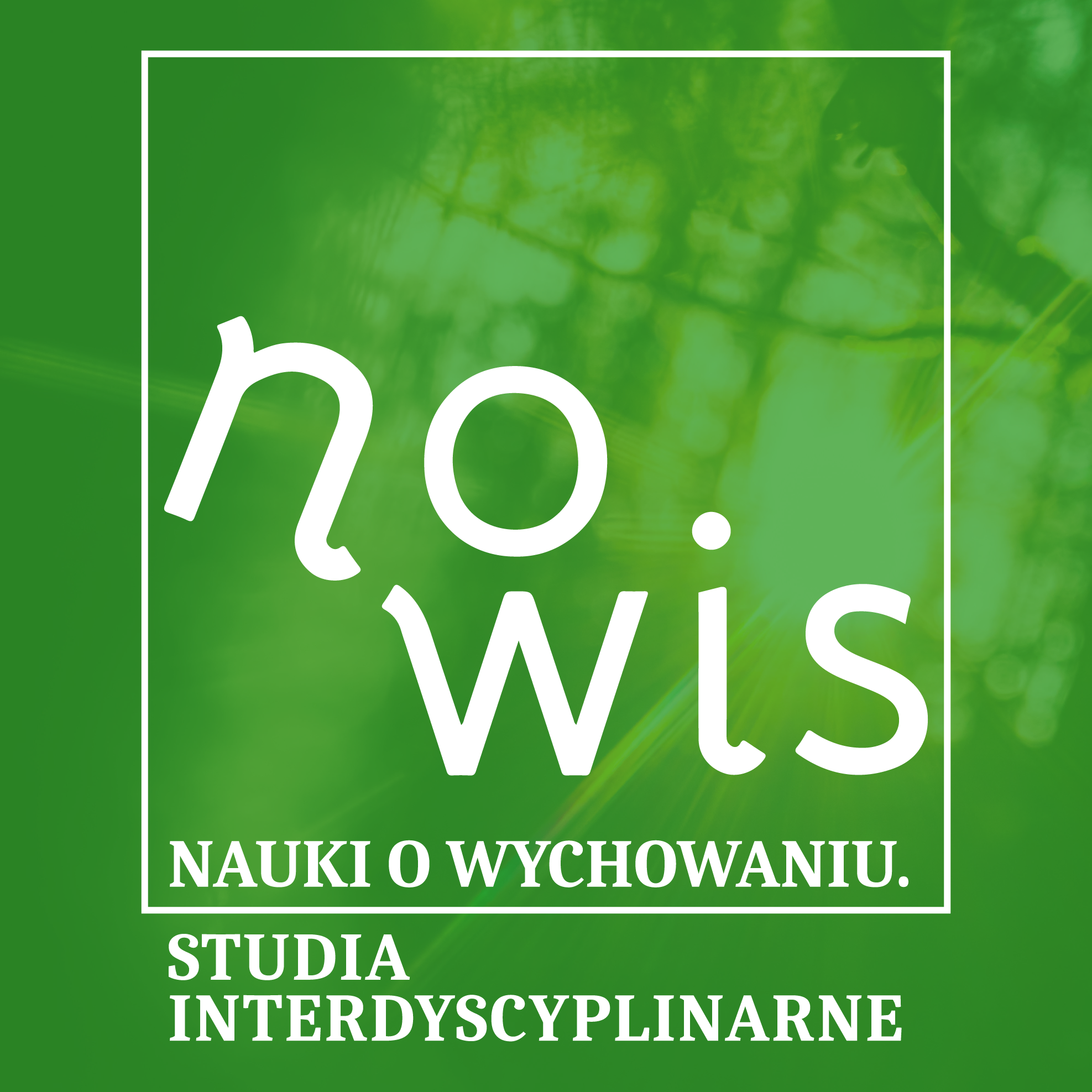Deegoizacja jako cel wychowania – paradygmat duszy
DOI :
https://doi.org/10.18778/2450-4491.12.15Mots-clés :
deegoizacja, perspektywa duszy, wychowanie, Kurt Danziger, James HillmanRésumé
Artykuł traktuje o człowieku jako istocie funkcjonującej w porządku wyobrażonym i zdolnej do tworzenia obrazów. Jednym z tych obrazów jest konstrukt ego przedstawiony w perspektywie psychologii krytycznej Kurta Danzigera oraz psychologii imaginalnej/paradygmat duszy (soul movement) Jamesa Hillmana. Autorzy wprowadzają te dwa podejścia celem zasygnalizowania obszaru badawczego, który potencjalnie może być wykorzystany we współczesnej refleksji nad kategorią wychowania. Analiza krytyczna wskazuje na swoistą redukcję natury ludzkiej i historii człowieka we współczesnej psychologii do historii „ja” i dominacji „ego”. Natomiast koncepcję Hillmana charakteryzuje misja deegoizacji, a więc pozbawienia siły tego fikcyjnego konstruktu, na rzecz realnie istniejącej duszy, która nie tylko ma wymiar przekraczający ego, bo zawiera w sobie wielość innych obrazów, ale także osobowość, a nawet osobę ludzką. Hillman uznaje bowiem za Platonem istnienie anima mundi, czyli ensouled world, która jest szersza i pierwotna wobec nie tylko ego, ale i duszy ludzkiej, a której owa dusza jest składową. Zgodnie z tą perspektywą, w procesie wychowania rolą rodzica i nauczyciela staje się deegoizacja jako warunek stwarzania duszy dziecka (soul-making).
Références
Brock A. (red.) (2006) Internationalizing the history of psychology, New York, New York University Press.
View in Google Scholar
Danziger. K. (2002) Constructing the subject. Historical origins of psychological research, Cambridge, Cambridge University Press.
View in Google Scholar
Danziger K. (2012) Historical psychology of persons: categories and practice w: The psychology of personhood: Philosophical, historical, social-developmental and narrative perspectives, J. Martin, M. H. Bickhard (red.), Cambridge, University Press, s. 59–80.
View in Google Scholar
DOI: https://doi.org/10.1017/CBO9781139086493.006
De Waal F. (2018) Ateista i bonobo. W poszukiwaniu humanizmu wśród naczelnych, tłum. K. Kornas, Kraków, Copernicus Center Press.
View in Google Scholar
Dilthey W. (1982) Pisma estetyczne, tłum. K. Krzemieniowa, Warszawa, PWN.
View in Google Scholar
Dilthey W. (1987) O istocie filozofii oraz inne pisma, tłum. E. Paczkowska-Łagowska, Warszawa, PWN.
View in Google Scholar
Dilthey W. (2004) Budowa świata historycznego w naukach humanistycznych, tłum. E. Paczkowska-Łagowska, Gdańsk, Słowo/obraz terytoria.
View in Google Scholar
Doda-Wyszyńska A. (2020) Mitologia coachingu w: Mity kultury współczesnej. Perspektywa psychoantropologiczna, M. Obrębska, A. Pankalla (red.), Poznań, Wydawnictwo Nauk Społecznych i Humanistycznych UAM, s. 241–256.
View in Google Scholar
Dunbar R. (2019) Człowiek. Biografia, tłum. Ł. Lamża, Kraków, Copernicus Center Press.
View in Google Scholar
Frankfurtczyk (2013) Teologia niemiecka, tłum. P. Augustyniak, Warszawa, Fundacja Augusta hr. Cieszkowskiego.
View in Google Scholar
Geertz C. (2005) Wiedza lokalna. Dalsze eseje z zakresu antropologii interpretatywnej, tłum. D. Wolska, Kraków, Wydawnictwo Uniwersytetu Jagiellońskiego.
View in Google Scholar
Harari Y. N. (2018) Sapiens. Od zwierząt do bogów, tłum. J. Hunia, Kraków, Wydawnictwo Literackie.
View in Google Scholar
Hillman J. (2014) Kod duszy. W poszukiwaniu charakteru człowieka i jego powołania, tłum. J. Korpanty, Warszawa, Laurum.
View in Google Scholar
Hillman J. (2016) Re-wizja psychologii, tłum. J. Korpanty, Warszawa, Laurum.
View in Google Scholar
Hillman J. (2017) Siła charakteru, tłum. J. Korpanty, Warszawa, Laurum.
View in Google Scholar
Hillman J. (2020) Samobójstwo a dusza, tłum. J. Korpanty, Warszawa, Laurum.
View in Google Scholar
Marecek J., Hare-Mustin R. T. (2009) Clinical Psychology: The Politics of Madness w: Critical Psychology: Introduction, D. Fox, I. Prilleltensky, S. Austin (red.), Los Angeles, London, New Delhi, Singapore, Washington DC: Sage, s. 75–92.
View in Google Scholar
Pankalla A., Kilian A. (2018) Re-wizja i re-autoryzacja psychologii. Ekspedycja na peryferie – od myśli krytycznej ku psychologii realnej, „Czasopismo Psychologiczne” 24 (1), s. 21–35.
View in Google Scholar
Parker I. (1999) Critical psychology: Critical links, “Annual Review of Critical Psychology”, 1, s. 3–18.
View in Google Scholar
Sloan A. (2009) Theories of Personality w: Critical Psychology: Introduction, D. Fox, I. Prilleltensky, S. Austin (red.), Los Angeles, London, New Delhi, Singapore, Washington DC: Sage, s. 57–74.
View in Google Scholar
Téléchargements
Publiée
Comment citer
Numéro
Rubrique
Licence

Ce travail est disponible sous licence Creative Commons Attribution - Pas d'Utilisation Commerciale - Pas de Modification 4.0 International.





 Le site web de la revue, hébergé par l'équipe éditoriale de NOWIS se trouve sur la plate-forme Index Copernicus:
Le site web de la revue, hébergé par l'équipe éditoriale de NOWIS se trouve sur la plate-forme Index Copernicus: 





